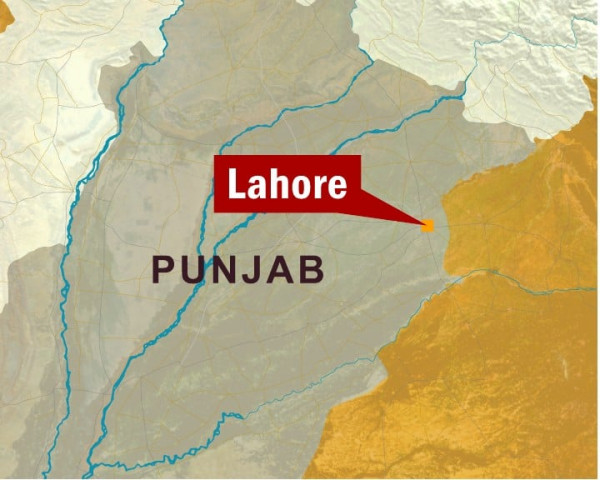Vehicle emissions: Air quality suffers as security trumps environment
City govt’s environmental protection department says it is understaffed, unable to monitor polluting vehicles.

The EPD issued challans to 19,298 smoke-emitting vehicles in 2009, but just 13,408 challans this year, according to the EPD’s 2010 progress report. EPD officials said this was because of a lack of support from the police.
“We do not have enough personnel to deal with the amount of environment violations that are taking place in the traffic sector,” said EPD traffic inspector Ali Raza. “We are struggling to get police support to enforce environmental regulations regarding traffic.”
The EPD has a total of 13 employees, including an inspector, monitoring all of Lahore. The other 12 have been divided into three teams which monitor Mozang Road, Ravi Road and Yateem Khana in Nawankot.
Raza said that under the law, the EPD could not directly fine people.
It had an agreement with the superintendent of police (Traffic) under which traffic wardens would issue the tickets, with the proceeds going to the police and not the EPD. “We simply provided technical support and authorisation,” he said.
But this collaboration with the traffic police, which had been in place for three years, ended around October, Raza said, because the traffic police wardens were increasingly preoccupied with security and could not be spared to monitor vehicles causing air and noise pollution.
Another EPD official complained that the department had hoped to get warden-level officer to help them, but usually they were sent inspector-level officers who were pre-occupied with other traffic-related duties. “Wardens are much better at following instructions that inspectors,” he said. An air quality expert with the Punjab Environment Protection Agency said that 80 per cent of pollution was caused by generators and vehicles.
He said that two-stroke rickshaws and diesel engines contributed significantly to air pollution. Many cars also had high emission rates, he said.
Mohammed Younis, deputy district officer, said that the Pakistan Environment Protection Act (PEPA) did not give environment inspectors the power to regulate traffic.
He said that the EPD was meant to be an advisor, while the police was meant to enforce pollution laws.
SP (Traffic) Imtiaz Sawar, who took over the post two weeks ago, said that he was unaware of the working arrangement between the traffic police and environment inspectors, but he said it was true that the traffic police had been heavily involved with Muharram preparations.
Another senior police official said that there were issues with resources and staff. He said the current security situation had meant that less personnel could be spared for non-security tasks.
Published in The Express Tribune, December 21st, 2010.


















COMMENTS
Comments are moderated and generally will be posted if they are on-topic and not abusive.
For more information, please see our Comments FAQ